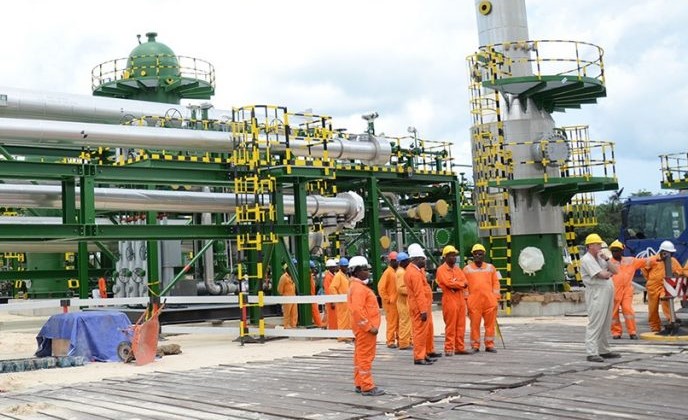The Port Harcourt Refining Company (PHRC) has shut down for scheduled maintenance. The shutdown began on Friday, May 24.
According to NNPC Ltd, the move is part of a planned sustainability and efficiency upgrade. The Nigerian National Petroleum Company Limited said it is working with industry partners to ensure smooth and transparent maintenance.
“We are committed to improving energy supply and will provide regular updates,” said NNPC’s Chief Corporate Communications Officer.
NNPC Ltd also noted that the Nigerian Midstream and Downstream Petroleum Regulatory Authority (NMDPRA) is involved in supervising the ongoing process.
NNPC stressed that this shutdown will not affect the country’s energy security. They assured that efforts are being made to keep fuel distribution stable during the maintenance.
The Port Harcourt refinery, one of Nigeria’s key refining facilities, has faced several setbacks in the past. Its rehabilitation has remained a top priority for the federal government, which has spent billions on the project in recent years.
This maintenance comes amid broader efforts by the government to improve local refining and reduce Nigeria’s reliance on imported fuel.
Government Pushes for Export Growth and Customs Reform
Meanwhile, the Nigerian government has confirmed that it is pushing aggressively to increase non-oil exports. A top government official revealed that “last year, Nigeria exported over ₦340 billion worth of solid minerals and agro commodities through formal channels, up by 38%.”
Plans are underway to grow this figure even more in 2025.
At the same time, the Nigeria Customs Service is undergoing reforms to improve efficiency and reduce corruption.
Over 1,800 Customs officers have been trained in data analytics, artificial intelligence, and risk management. “Customs is no longer just about physical inspection,” the service’s leader said. “We are becoming an intelligence-led organisation.”
He added that President Bola Tinubu instructed Customs to block revenue leakages, boost trade, and avoid placing unnecessary burdens on Nigerians.
“That is what we are doing. And the results are beginning to speak for themselves,” he said.
These moves are part of broader national efforts to build an efficient economy through transparent management of state institutions and better use of national assets.
Rate, Like 👍, Comment, share this article and Follow us on our social media handles.






